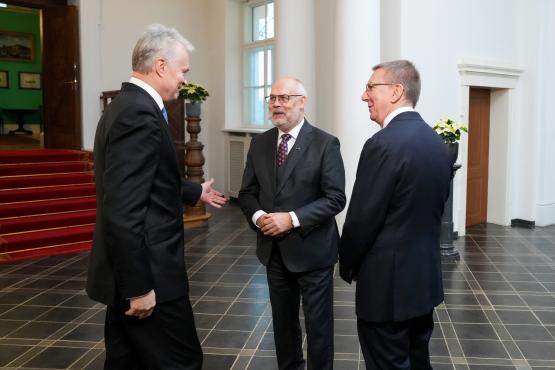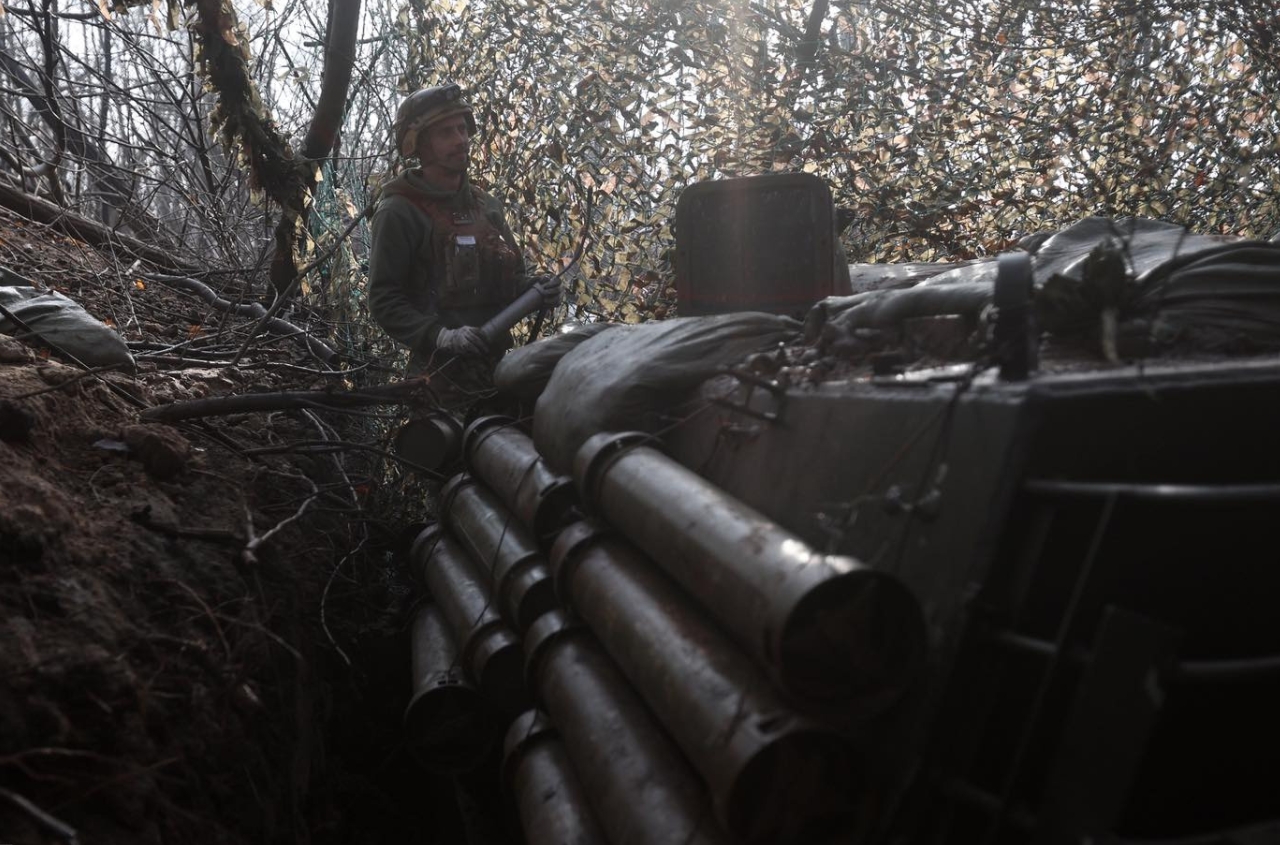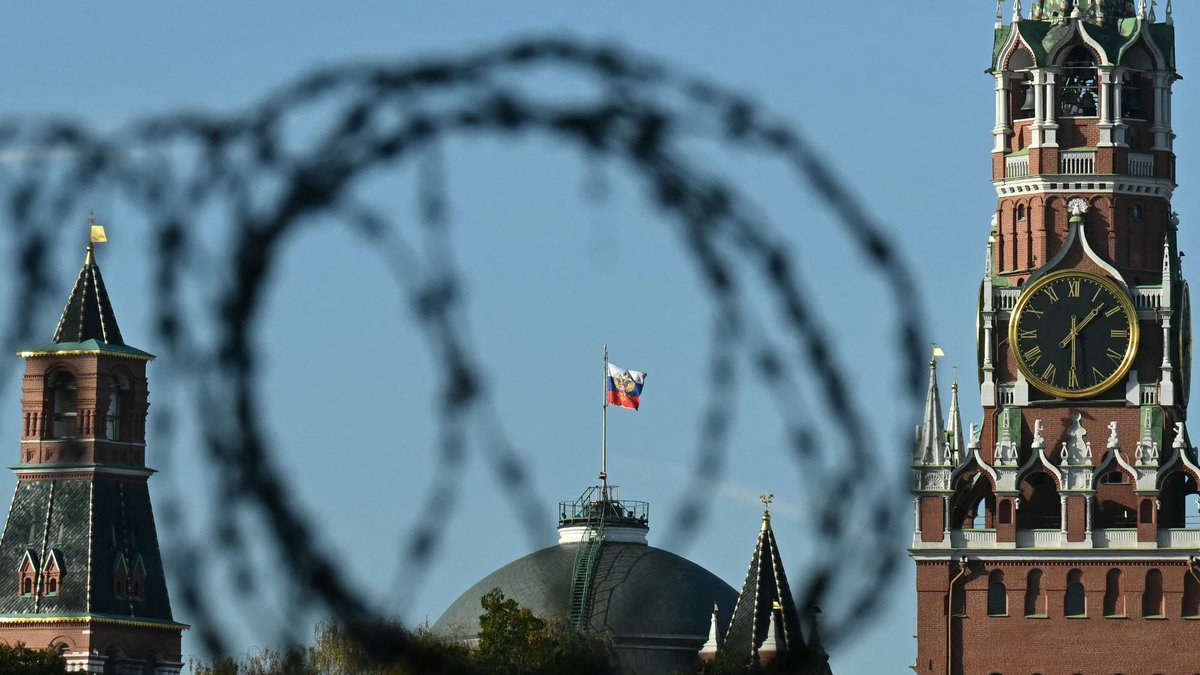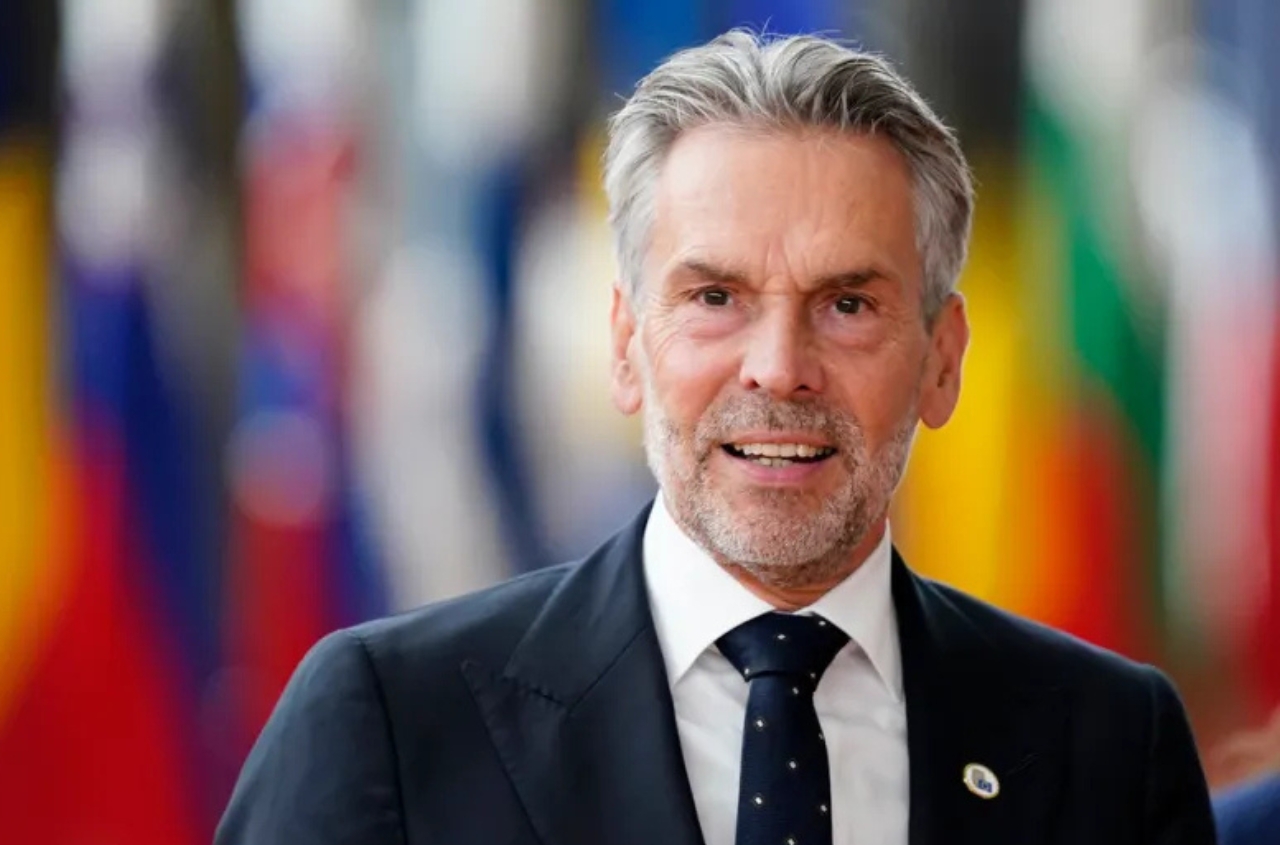The European Union considers Ukraine as a potential supplier of renewable hydrogen. Therefore, national strategies for hydrogen infrastructure development must take into account EU hydrogen regulations. This was stated by Oleksandr Haidyn, Head of the Strategy Department at GTSOU, during a roundtable organized by the UN Global Compact in Ukraine within the framework of the Ukrainian Energy Initiative.
Haidyn outlined GTSOU’s vision for hydrogen infrastructure in Ukraine:
“Our long-term ambition is to create a nationwide hydrogen transportation network. In doing so, the company considers a range of safety factors and commercial considerations, with priority given to access to the developed EU market,” he said.
He also emphasized the importance of complying with EU regulations, including Directive 2024/1788 and Regulation 2024/1789, which set rules for the hydrogen market, requirements for hydrogen pipeline system operators, and, importantly, stress the use of clean hydrogen.
Regarding the implementation of hydrogen pipeline infrastructure in Ukraine, the first likely facility will be one of the international connectors, with further expansion along the Central European Hydrogen Corridor through the Carpathian Mountains to a key hub connecting multiple main gas pipelines in western Ukraine, serving as a gateway for exporting Ukrainian hydrogen to high-demand regions in the EU.
GTSOU has been actively participating in the development of the new market and collaborating with international partners. In particular, GTSOU is developing, together with the Slovak (EUSTREAM), Czech (NET4GAS), and German (OGE) gas transmission system operators, the joint project CENC (Central European Hydrogen Corridor). In 2023, CENC was included in the first list of Projects of Common Interest (PCI) and Projects of Mutual Interest (PMI) by the European Commission, fully aligning with the goals of the European Green Deal. CENC is expected to transport renewable hydrogen from Ukraine through Slovakia and the Czech Republic to Germany and other EU countries.
Additionally, starting January 1, 2025, work began on the “Ukraine-EU Hydrogen Corridor” project, which involves cooperation among stakeholders and fulfilling commitments along the hydrogen value chain: production, transportation, and consumption.






















